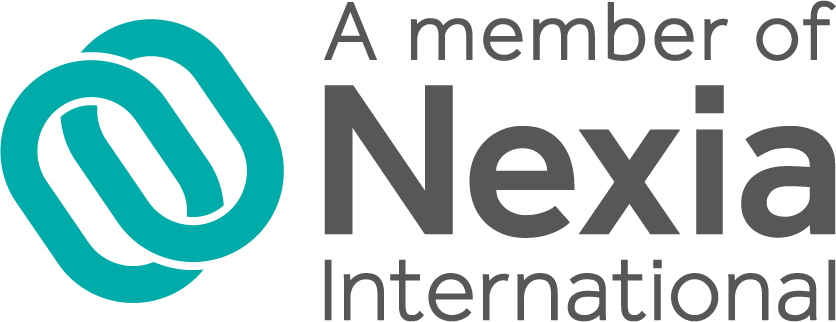
ADB News on Nexia Insights
Swiss based corporations and collective investment schemes distributing proceeds are generally required to withhold tax at a rate of 35%. The same applies for Swiss banks paying interest on customer credit balances. Under certain conditions, a private individual living in Switzerland is able to claim a refund of the 35% withholding tax of such income. One of the legal requirements is that the private individual ‘declares’ the income on which withholding tax was charged ‘to the competent tax authorities’.
For example:
A corporation pays a dividend of CHF 10 per share and must remit the withholding tax of CHF 3.50 per share to the Swiss Federal Tax Administration (SFTA) in Bern. The corporation pays the remaining CHF 6.50 per share to its shareholders. If, as a result, a shareholder with 100 shares properly declares CHF 1,000 of dividend income in his tax return, he has the right to claim a withholding tax refund of CHF 350. Normally, such claim would be offset against the income tax due.
What exactly constitutes ‘proper income declaration’ was highly controversial in the past. The SFTA’s practice was strict. If, for example, the declaration was incomplete and the tax authorities discovered the relevant income after having made inquiries, the refund claim was generally denied. This could then make the withholding tax refund impossible even if an obvious mistake was made in the declaration without there being any intention to evade tax. The painful consequence of this was double income taxation. Withholding tax, which had been designed as a security tax, effectively became a penalty tax in such cases.
New law
In the autumn session of 2018, the Swiss Federal Parliament has eased the situation relating to the SFTA’s practice by amending the law. The amendment entered into force on 1 January 2019. The objective of the amendment is for withholding tax to be refunded even if the income has not been declared in the tax return due to negligence. As a result, refusal to refund withholding tax is to be limited to cases in which the individual has attempted to evade tax or has intentionally evaded tax.
As such, it is now also possible to retrospectively declare income and obtain the withholding tax refund if such income ‘was not declared due to negligence’. It is also a requirement that the tax assessment, tax audit or tax recapture procedure has not yet been finalised as legally binding. The refund claim can now also be granted under the same conditions if the tax authorities independently identify such income.
Retroactive effect
The amendment is also applicable to matters that arose before 1 January 2019. The new law applies in particular to claims that arose from 1 January 2014 for which there has been no decision with legally binding effect on the withholding tax refund claim. As such, taxpayers have an opportunity to catch up on applications for withholding tax refunds that were missed due to negligence.
Please contact us if you have questions on this subject or if we may be of assistance to you in submitting an application for a withholding tax refund.